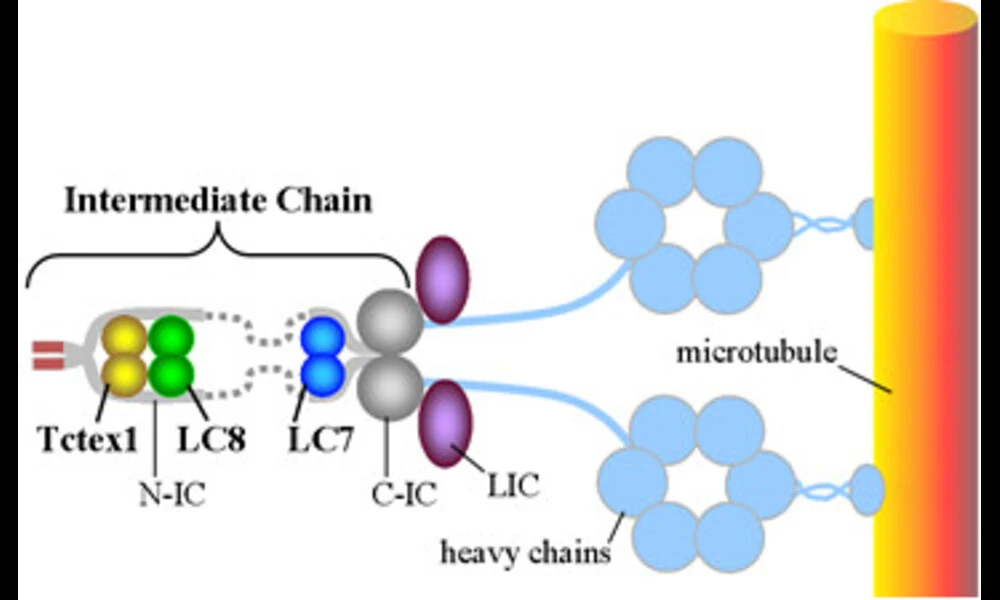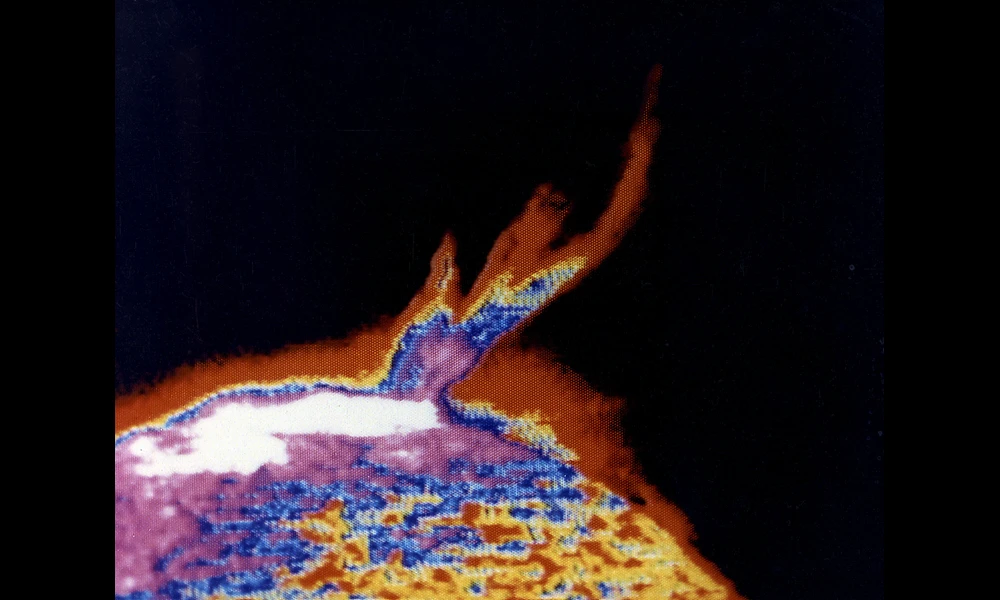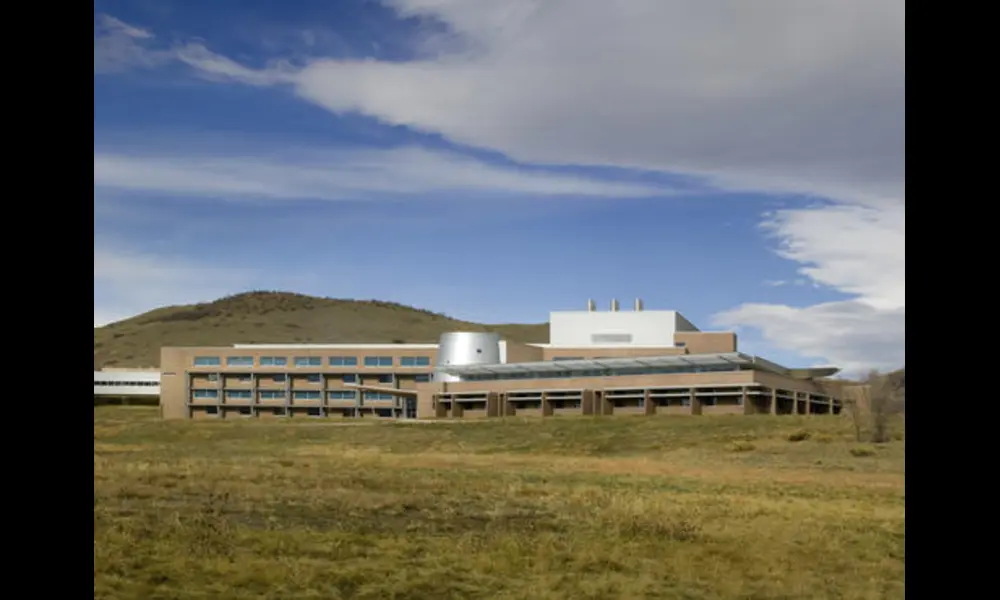Dynein's Role in Cell Division
Published on Thu Aug 03 2023 dynein_model.full | Oregon State University on Flickr
dynein_model.full | Oregon State University on FlickrNew research published in a preprint paper titled "A force-sensitive mutation reveals a spindle assembly checkpoint-independent role for dynein in anaphase progression" sheds light on the role of a protein called dynein in the process of cell division. Dynein is a motor protein that helps to shape the microtubule networks inside cells and facilitates the movement of various molecules along them.
The researchers used gene editing to create a series of missense mutations in the dynein protein in fruit flies. They found that mutations associated with neurological diseases in humans caused a range of defects in the flies, including impaired cargo trafficking in neurons. However, the researchers also made a novel discovery: a mutation in a specific region of the dynein protein called the microtubule-binding domain (MTBD) caused a metaphase arrest in the mitotic spindles of embryos.
Importantly, this mitotic arrest was independent of dynein's well-known role in silencing the spindle assembly checkpoint, which is a crucial step in the regulation of cell division. The researchers then used in vitro reconstitution and optical trapping assays to understand how this mutation affected the performance of dynein under load. They found that the mutation only impaired dynein's function when it encountered resistive forces.
Furthermore, all-atom molecular dynamics simulations revealed that the mutation led to increased flexibility of the MTBD and an altered orientation of the stalk domain with respect to the microtubule. These findings suggest that dynein has a previously unknown role in anaphase progression, which involves the motor operating in a specific force regime.
This study demonstrates how the functions of cytoskeletal motors like dynein can be dissected by manipulating their mechanical properties. Understanding the precise mechanisms of cell division is crucial for our knowledge of normal development and the development of new therapeutic interventions for diseases associated with cell division defects, such as cancer. The findings of this research could pave the way for further investigations into the role of dynein in cell division and provide valuable insights into the molecular basis of neurological diseases associated with dynein mutations.



